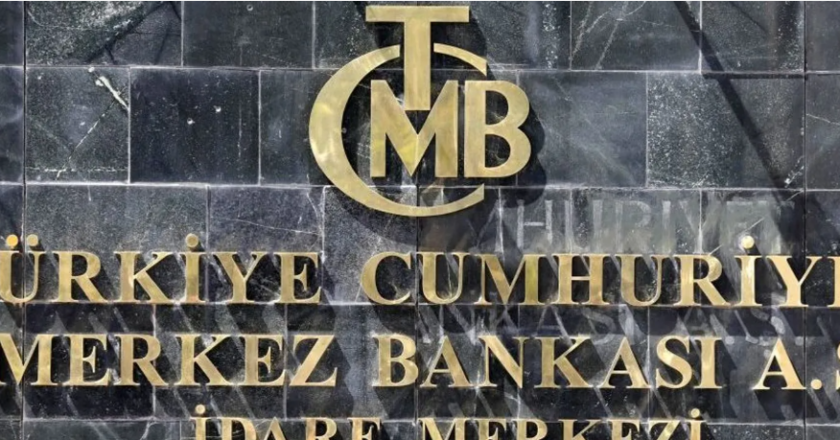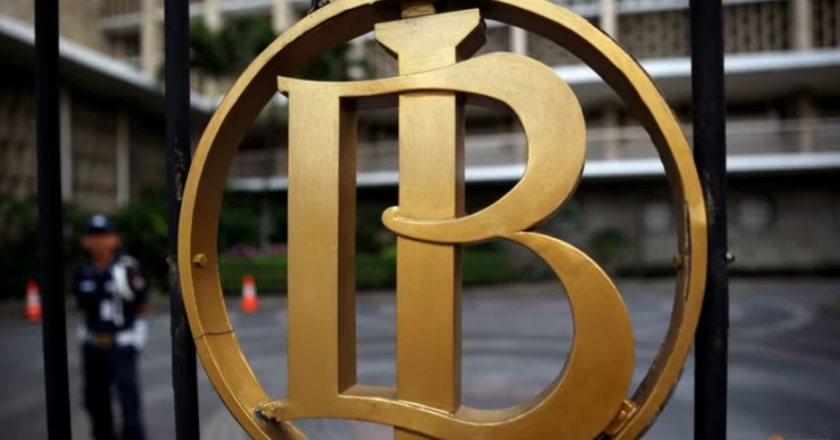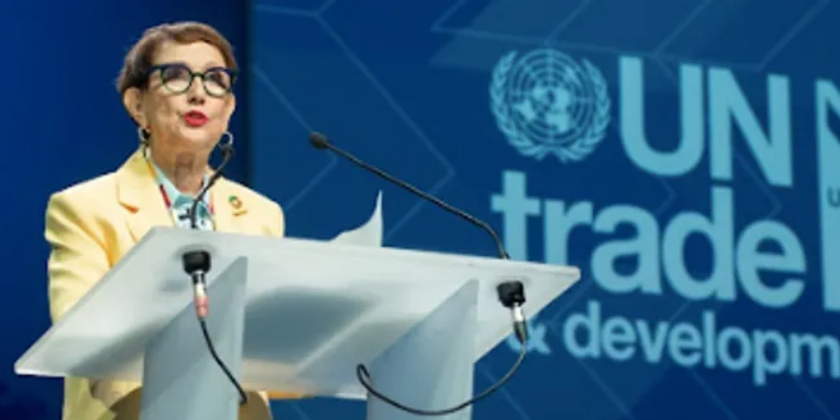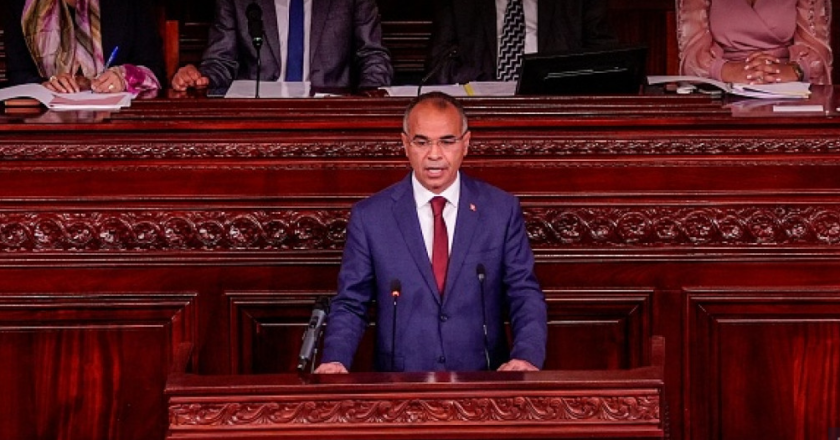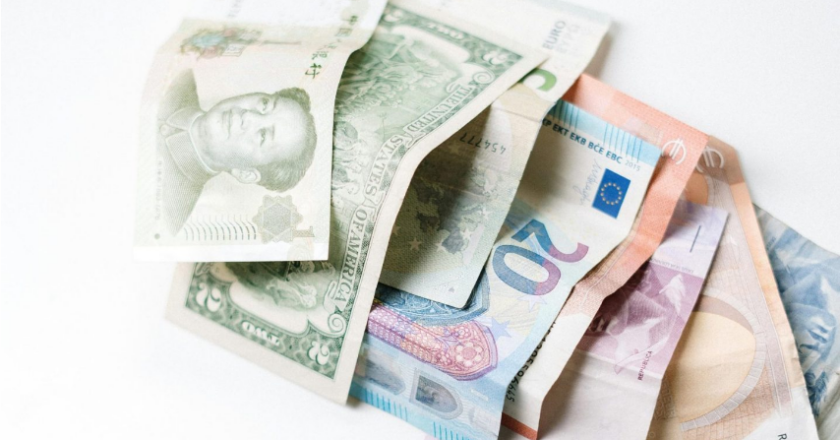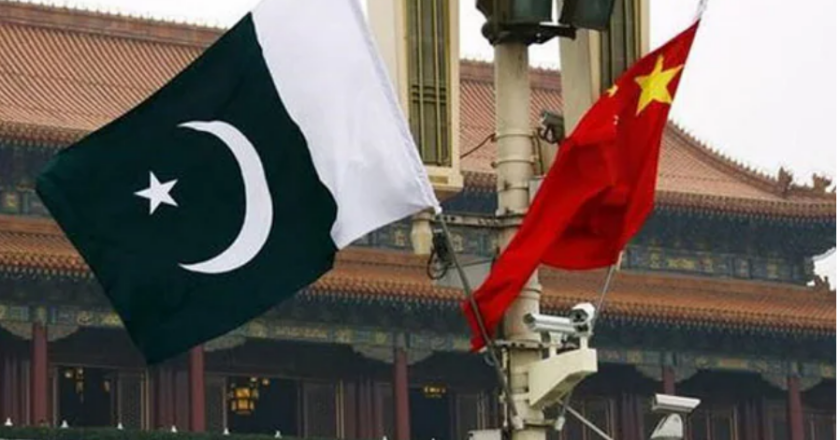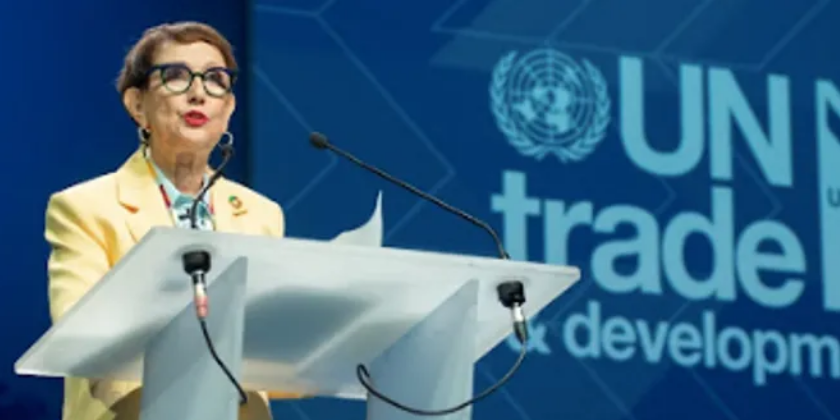Russia’s Wartime Economy: Following Ukraine Internationally?
Three years into the Ukraine war, Russia’s wartime economy appears not only to be surviving Western sanctions, but thriving — driven by oil revenues, surging military production, and a broader economic reorientation toward war. While much of the world expected Russia to collapse under the weight of its full-scale invasion of Ukraine, the opposite occurred: the Russian economy grew by 3.6% in 2023 and an even higher 4.1% in 2024, outpacing most Western nations. Yet this is not a sustainable economic model for the long term. Growth is heavily militarized and sustained by wartime spending, making it fiscally unsustainable. Inflation has also ticked upward amid rampant state spending, creating a cost-of-living crisis that won’t be easily reversed.
Transitioning the Russian wartime economy ...

